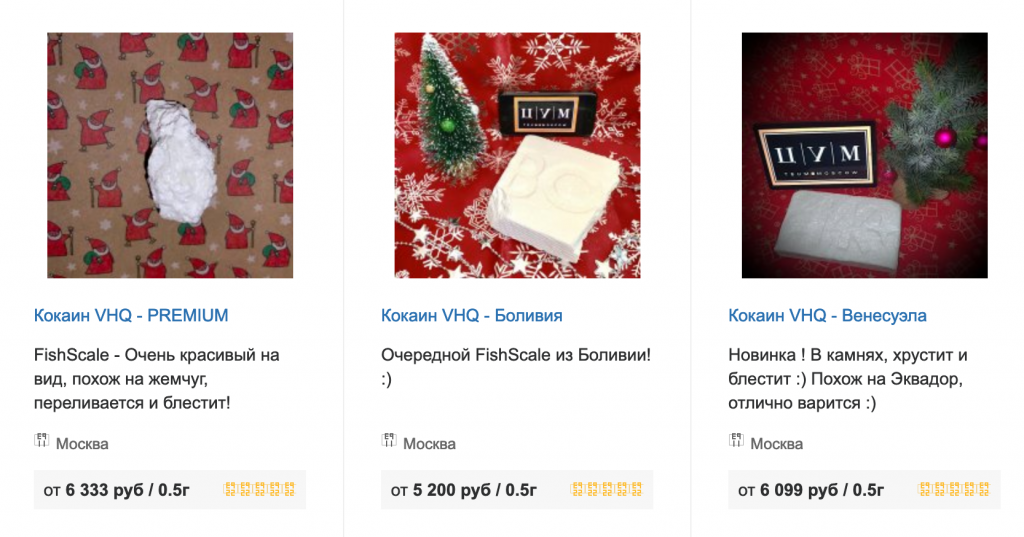In a previous article, I discussed the curious entanglement between the Hydra online drug marketplace and post-soviet urban planning. This peculiar business model requires not only physical and online infrastructure, but also new language to accommodate for all the creative activity taking place due to this platform and the specific experiences of drug users in the former Soviet Union it produces. This language reflects both new and old forms of interactions between people, businesses, spaces and commodities, taking place both virtually and offline. Ultimately, you are out there engaging in behaviour that looks highly unusual and comic, and can attract a lot of attention, with videos of people searching for drugs from surveillance cameras or filmed from balconies surfacing online, attracting many negative comments about the drug-related behaviours. It is also dangerous and highly criminalised. The absurdity of the drug purchasing pursuit in its Hydra-mediated iteration is not lost on the platform users. The marketplace’s forum itself has spaces for people to chat and share jokes and memes about drugs. Not only humour but also solidarity emerges out of the shared surreal experience, as tangible as a website dedicated to mapping people’s experiences looking for drugs, sharing tips and warnings. By looking at the unique vocabulary of this online drug marketplace I invite you to think beyond drugs beyond the sole notion of a ‘problem’.
Магазин (magazin) – shop. Same word is used for shops and they act similarly, sometimes even using branding of well known stores and brands to signal a certain kind of branding. Effort goes into designing the page, product photography, maintaining seller reputation. the Hydra platform takes an opening fee, a monthly fee and commission

Кладмен, закладчик (kladmen, zakladchik) – drug courier, literally – “treasure man”, “someone who puts”. A dangerous profession, rather than consumers they are most often the targets of law enforcement – not protected by the anonymity go the dark web the way shop managers are, and they are “in the field” with larger quantities of drugs, which means longer sentences. Many are young or take the job to finance their own drug consumption.
Клад (klad) – literally “treasure”, the drop, the stash with drugs. Usually packaged in several layers of waterproof material in order to preserve the product.
Мастер клад master klad – a larger drug stash are for the cowriers to collect and distribute
Чайка (chayka) – “seagull”. Someone who searches for drugs they did not pay for in places that are likely to be used for drug drops. They are often successful in finding drugs in the wild as the places where they are hidden tend to be rather specific and limited.
Битки (bitki) – Bitcoin. The platform features its own bitcoin wallet, which you can top up using your credit card, an online wallet or a payment terminal near you.
Диспут (disput) – dispute. The process of mediation between the shop and the customer in case of complaints. There is a specific, codified and moderated procedure for such disputes on the platform
Недовес (nedoves) – the word that describes the case when the purchase is below listed weight. The marketplace has a claims procedure for such cases, where if you prove the seller’s mistake by documenting the weight of your purchase you’re entitled to reimbursement.
Ненаход (nenahod) – not finding your drugs. The customer can complain about such an occurrence through the extensive and detailed reviews system. It is also possible to open a dispute, although the outcome depends on many factors such as customer’s user rating.
Перезаклад (perezaklad) – the act of replacement of the purchase by the shop, in case the location of the drop or the purchase itself is somehow compromised.
Координаты,корды (koordinaty, kordy) – coordinates. The place where the drugs are hidden is communicated to the customer with one or several photos of the location, short description and coordinates. Law enforcement are familiar with this and search people’s phones looking for it the characteristic signs like pins on the map dropped to specific coordinates somewhere in the middle of a forest.
Прикоп (prikop) – the method of placing drugs under ground. Common locations are public parks and forests in an urban area, at its limits or further away.
Магнит (magnit) – magnet – another method of stashing the drugs, different from prikop in that the drugs are hidden above ground, attached on a magnet. Often in residential buildings which have a lot of metal elements inside like stairs, elevator doors, windowsills and heaters in common spaces.
В касание (v kasaniye) – in a touch, easily, effortlessly. Expression used in reviews to describe an easy experience with finding the drugs and leaving the location safely.
Съем (syom) – the immediate act of taking the drugs from their hidden place, often described in reviews and shop marketing promising a good shopping experience. While locating the spot is a large part of the task, finding the often very small and concealed package with drugs is a moment just as important, and is the most dangerous – you don’t want to get caught with one hand in the dirt and your phone with the photos of the location provided by the shop.
Квест (kvest) – quest, the process of searching for drugs, people leave reviews on the process, how well the place is chosen. People review the ease and safety, which is no less important than the drugs themselves.


Recent Comments